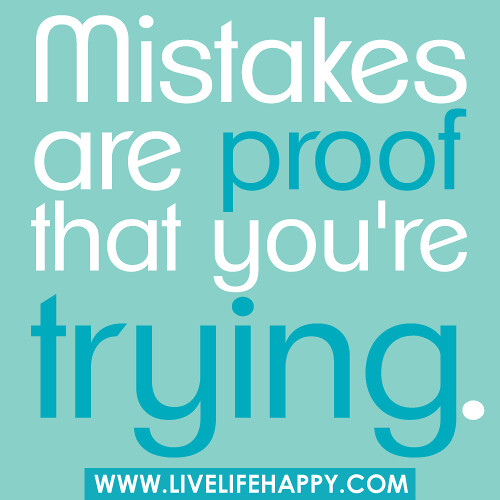Sometimes my favorite thing to do is to ground my son from electronic devices. Because he is eight and mouthy, it is a rather frequent occurrence. During this time, I forbid him to tell me he is bored (and when he does, I give him a chore to do).
 |
| Sigh. Okay. I guess I'll play in the fresh air with my gazillion toys AGAIN. |
When he tires of reading and writing, he starts inventing, and that is where the fun really begins. He has created countless robots, TV screens, computers, and machines, which he stashes in his room. We are not allowed to throw out cardboard boxes or milk jugs in this house, and my son has big plans for the stack of wood in our basement.
 |
| This tree house is in our future. |
There are at least two things that are necessary to cultivate an inventor: curiosity and mistakes. Boredom is a plus to spark curiosity, but it isn't always necessary. Children naturally want to know how things are put together, which is why they spend so much time taking things apart.
Freedom can be exciting, but it can be frustrating, too. One way to encourage invention and relieve that frustration is to allow mistakes in order to grow. We all need to make mistakes; otherwise, we never question what we know. Inventors make LOTS of mistakes; that is how they improve their inventions. What if we taught our children that mistakes are something to embrace instead of something to fear? What could our students accomplish?
Are your students curious about how things work? Do they like to come up with new ways of doing things? Then they have what it takes to be an inventor!
In this MARTHA SPEAKS interactive story, students learn how new devices are developed. After inventors come up with an idea to improve life, they test it out, make changes as needed, and then work to refine and perfect the invention. From that, students will learn how to experiment as well as learn from their mistakes, and ultimately, create something that solves a problem! EXPLORE: http://to.pbs.org/1AhKFN1
Like what you read? Follow me on Twitter @itibrout!


No comments:
Post a Comment